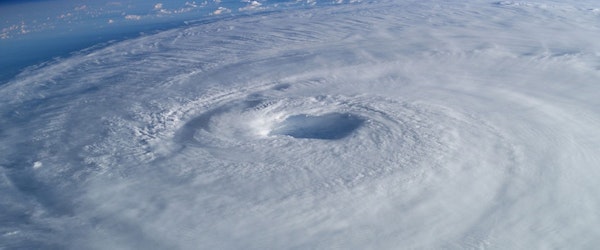
AI Weather Models Prove Effective During Hurricane Season
Wednesday, November 20th, 2024 Catastrophe Insurance Industry Risk Management TechnologyAI-driven weather models are reshaping hurricane forecasting, offering quicker and more accurate predictions than conventional models. During the 2024 hurricane season, Google DeepMind’s GraphCast demonstrated its capabilities by predicting Hurricane Beryl’s unusual trajectory a week before traditional models. Similarly, the European Centre for Medium-Range Weather Forecasts (ECMWF) used AI to predict Hurricane Francine’s impact on Louisiana 10 days in advance.
While physics-based models have historically advanced meteorological accuracy, their improvement rates are slowing, and climate change is intensifying the need for better forecasting tools. AI models like GraphCast and ECMWF’s system have proven adept at tracking storm paths but struggle with intensity predictions due to cautious algorithm design. Nevertheless, their speed and reliability far outpace traditional methods.
GraphCast can deliver 10-day forecasts in under a minute, significantly faster than conventional models. ECMWF and other global entities are integrating AI to complement their systems, highlighting its potential to enhance life-saving predictions. Efforts are also underway to ensure the trustworthiness of AI predictions, with tools like "Extreme Weather Bench" fostering standardized performance evaluations.
AI’s role in meteorology underscores its broader utility in tackling climate change, with discussions at COP29 focusing on its contributions to global resilience. As AI models continue to evolve, their adoption promises more precise forecasts to safeguard communities and property.





